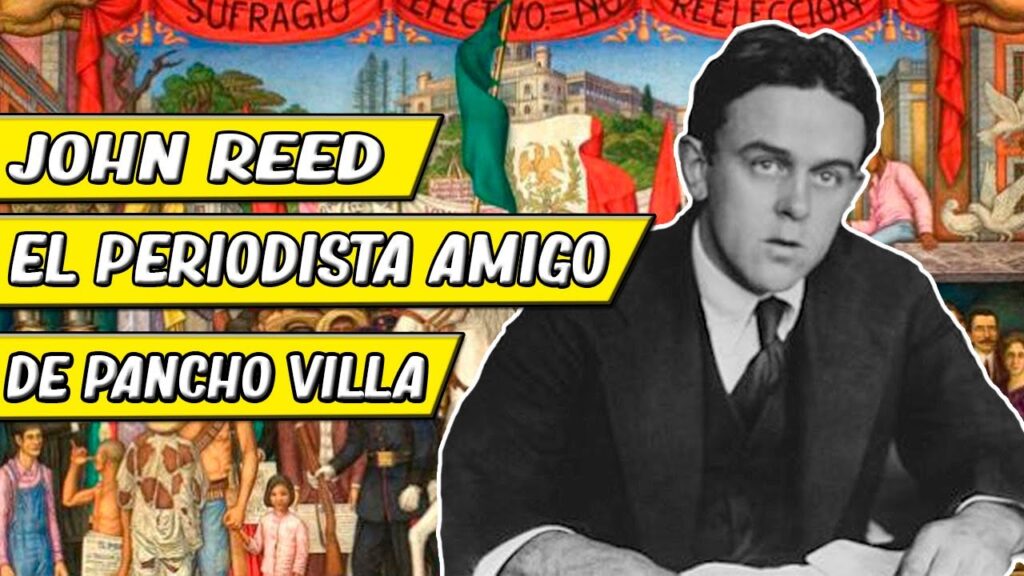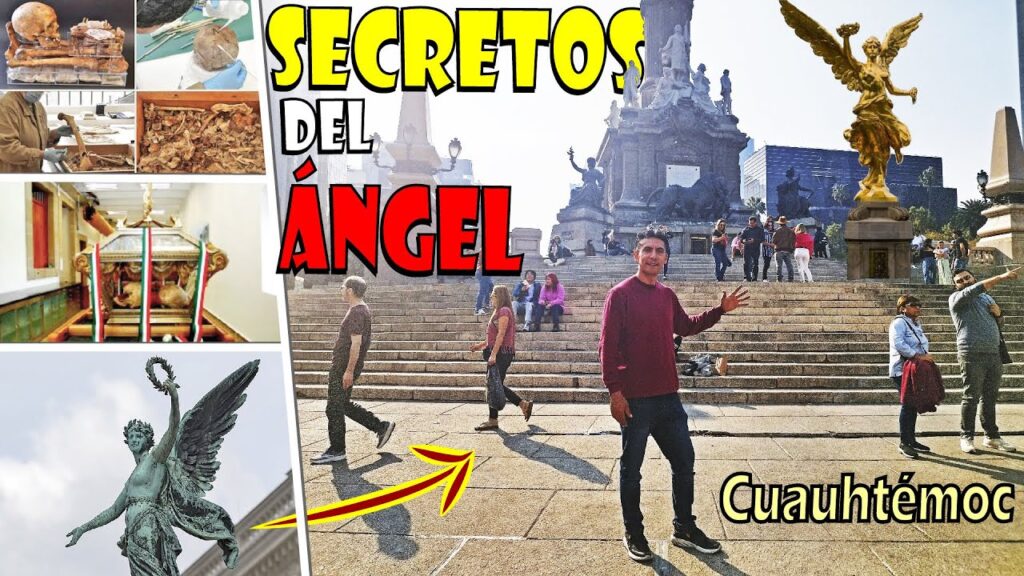The Revolutionary Ambitions of Pancho Villa: John Reed’s Insights
Pancho Villa, born Doroteo Arango, grew from a bandit and an outlaw to one of the most recognized figures in the Mexican Revolution. His quest was not just about revenge or personal gain, but rather a far-reaching ambition to overturn the established regime that marginalized the common people. Journalist John Reed, the American writer and socialist, documented Villa’s movements and the broader revolutionary landscape with a unique perspective that revealed both the charisma and the volatility of the legendary leader.
Reed’s portrayal of Villa was not merely of a military leader, but of a man who harbored a vision for Mexico that involved radical land reforms and a more equitable distribution of wealth. He often stressed Villa’s connection to the peasantry, as well as his commitment to fighting for their rights. Through Reed’s writings, we see how Villa’s ambitions transcended his own lifetime, aiming for systemic changes that were meant to outlive his military campaigns.
Despite the sometimes romanticized view of Pancho Villa as a Robin Hood figure, Reed did not shy away from illustrating the complex and darker aspects of his character. Villa’s methods were questionable at times, with accusations of brutality overshadowing his achievements. Reed’s candid observations help portray Villa not as a flawless hero, but as a deeply human figure shaped by the circumstances of his environment, yet steadfast in his revolutionary ambitions.
In Villa’s interactions with foreign journalists like Reed, there was a clear intent to use the media as a way to gain international sympathy and support for the revolutionary cause. Reed’s detailed accounts and dramatic narrative not only brought attention to Villa’s efforts but also highlighted the broader socioeconomic issues facing Mexico. Thus, Villa’s rapport with journalists became an essential facet of his revolutionary strategy.
Ultimately, John Reed’s insights contribute to understanding Pancho Villa’s goals and methods within the context of the Mexican Revolution’s chaotic tapestry. Villa’s conception of revolution was inclusive, aiming to empower those who had been left voiceless by the ruling classes. Reed’s reporting offers a window into the complexity of the revolutionary period and the indelible mark that Villa left on Mexico’s historical narrative.
Disbanding the Army: Pancho Villa’s Vision After the Mexican Revolution
A Revolutionary’s Dream for Peace
After the tumultuous years of the Mexican Revolution, Pancho Villa, one of the most prominent figures of the conflict, faced the daunting task of contemplating the country’s future. Villa, a skilled general and a man of the people, had spent years fighting for a vision of Mexico that strayed from dictatorship and social injustice. Following the revolutionary victory, an unexpected yet poignant aspect of his vision emerged: the idea of disbanding the army. Villa believed that in peacetime, Mexico should not rely on military force to maintain order or shape society.
The Integration of Soldiers into Civilian Life
Understanding that a standing army could potentially lead to future coups or unrest, Villa proposed integrating soldiers back into civilian life. Rather than maintaining a large military presence, he advocated for the rehabilitation of soldiers through land reforms, providing them with the means to become productive farmers and workers. Thereby, Villa hoped not only to prevent the military from dominating political power but to also address the longstanding issues of land ownership and poverty among the peasantry.
Opposition from Political Factions
Villa’s radical proposal, however, met with considerable opposition. Many political factions, which had formed and fought during the revolution, saw the military as a necessary institution for safeguarding the achievements of the revolution and protecting against internal and external threats. The restructuring of power in post-revolutionary Mexico was complex, and the idea of completely dismantling the military infrastructure was seen by many as impractical and risky.
Legacy and Influence on Modern Mexico
Despite the resistance to his ideas, Villa’s vision for a post-revolutionary Mexico without a large and potentially oppressive military force has influenced modern discussions about the role of armies in developing nations. His belief in a society structured around civil institutions rather than military ones has remained a topic of interest for historians and political theorists studying the balance between security and liberty.
Economic and Social Challenges
The economic and social challenges that Mexico faced in the wake of the revolution underscored the complexity of Villa’s vision. The country was left with the monumental task of rebuilding, and the need for stability often clashed with the ideals of revolutionary leaders like Villa. His vision of an army-free Mexico represented not just a strategic position but also a hope for a country less burdened by conflict and more focused on the welfare of its citizens.
John Reed’s Chronicles of Pancho Villa’s Post-Revolutionary Mexico
Immersing oneself in the tumultuous period following the Mexican Revolution, John Reed’s chronicles provide a vivid portrayal of Mexico under the leadership of the legendary Pancho Villa. At a time when the country was grappling with the complexities of modernization and political upheaval, Reed, a journalist and adventurer, managed to capture the essence of a nation in transformation. His narratives delve into the stark contrasts between the rural landscapes that Villa’s guerrillas knew like the back of their hands and the burgeoning urbanity that would come to define modern Mexico.
Reed’s encounters with Villa are particularly illuminating, shedding light on the enigmatic charisma of a man who was both revolutionary leader and folk hero. These chronicles aren’t merely historical accounts; they introduce us to the intimate moments and everyday realities of those who lived through the post-revolutionary changes. Through Reed’s eyes, we witness the banditry, loyalty, passion, and complexity that were trademarks of Villa’s rule, providing us with a nuanced perspective of the period that simplistic historical narratives often overlook.
Equally important to Reed’s stories are the descriptions of the Mexican people and their unwavering resilience amidst political strife. The writer paints a picture of communities bound by a shared sense of purpose, even in the face of foreign intervention and internal discord. By chronicling the culture, traditions, and struggles of the Mexican populace, Reed offers a colorful tapestry that communicates the vibrancy of Mexico’s national spirit in a time when its very identity was being forged anew.
Re-envisioning a Nation: Pancho Villa’s Plan to Dissolve the Mexican Army
At the turn of the 20th century, Mexico was engulfed in the flames of revolution. Among the notable revolutionary figures was Pancho Villa, a name synonymous with the quest for social and political reform. His audacious vision of re-envisioning the nation included an especially contentious proposal: to dissolve the existing Mexican Army. For Villa, this radical move was deemed necessary to dismantle the oppressive structures that had long marred the country’s governance and to pave the way for genuine democratic change.
Pancho Villa’s plan was reflective of his deep-rooted belief in the power of the people. Strikingly ahead of his time, Villa recognized that a standing military force during peacetime could foster an environment ripe for tyranny and abuse of power. He believed that by dissolving the army, power would be dispersed among the population, instigating a shift towards a more equitable and representative form of government — one that would be led by civilians for the benefit of all Mexicans.
The Role of the Citizen Soldier
Villa’s blueprint for the nation included the concept of the ‘citizen soldier.’ He mooted the idea of a defensive militia composed of everyday citizens who would rise to the nation’s defense only in times of actual need, rather than maintaining a permanent, professional army. This militia would be more accountable to the communities it served and less likely to be used as an instrument of oppression by potential despots. The citizen soldiers, in Villa’s view, would be the guardians of the peace and democratic ideals that he held dear.
A Revolutionary Redefinition of National Security
By proposing the dissolution of the Mexican Army, Pancho Villa intended to redefine the concept of national security. In his eyes, true security lay not in the dominance of the state over its people through militarization, but in the fostering of a society where individuals were free to participate in making the crucial choices that affected their lives. He envisioned a Mexico where the prosperity and well-being of its citizens were the cornerstones of national stability and security.
Despite the bold nature of Villa’s plan, it also raised numerous concerns and controversies. Critics questioned the practicality of disbanding a standing army in an era plagued by political instability and frequent conflicts. There were fears that such a drastic measure could leave the nation vulnerable to both internal and external threats, potentially inviting chaos rather than the intended flourishing of democracy and civil society.



